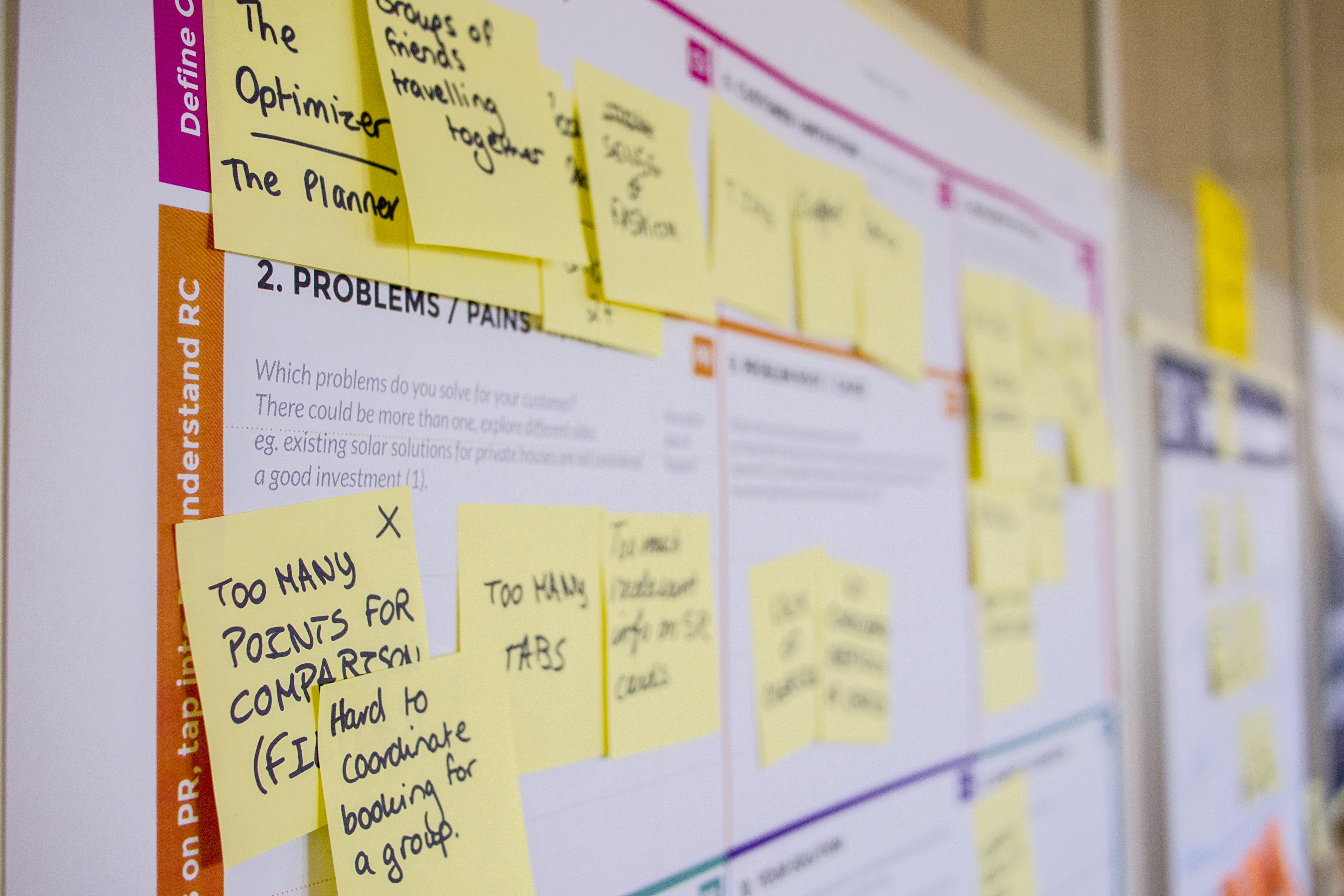Our Research
As an institute that champions excellence in Continuing Education and Training, IAL undertakes research projects that examine the various aspects of adult learning and development. The data we gather and the results we analyse enable us to further the advancement of the CET sector in Singapore, and inform policy making and decisions.

Skills and Productivity: Stage One
Prof Johnny Sung, Fiona Loke, Catherine Ramos, Prof Emeritus David Ashton
This research adopts a case study approach to examine the nature of the relationship between productivity and skills in selected sectors. The intention is to find out how the concept of productivity is understood within various industries and how they are managed.
Find Out More
Training and Adult Education (TAE) Programmes: Graduate Destinations & Employers’ Views Surveys 2011
Prof Andew Brown, Rebecca Ye
This series of research studies endeavoured to investigate the impact of Workforce Skills Qualification (WSQ) Training and labour mobility and career trajectories. To complement our understanding of these trajectories, we also examined the views of their employers and how the employers perceived the training received to have contributed to the organisation as well as their employees’ skills utilisation and employability.
Find Out More
A Portrait of the Adult Educator in Singapore
Prof Andrew Brown, Rebecca Ye, Annie Karmel
This research endeavours to develop an understanding of who WSQ Adult Educators (AEs) in Singapore are. While the professionalisation of this group is a key interest of the Workforce Development Agency (WDA), little is known about the different types of people who actually make up this group, or how they negotiate their careers as adult educators.
Find Out More
